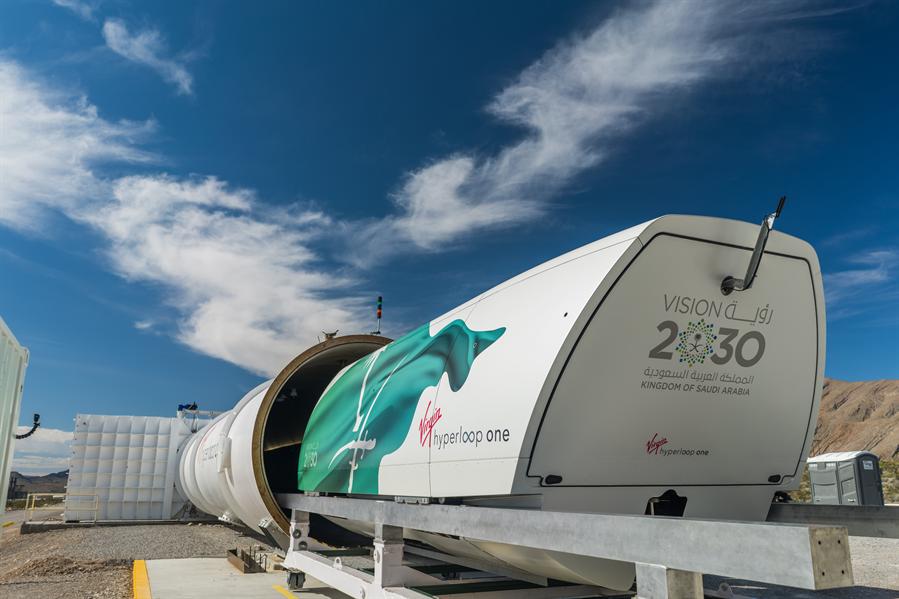Implications from severe weather and climatic shifts have become an increasingly pressing problem for global, provincial, and regional communities over the past several decades. The overwhelming weight of scientific evidence suggests that increasing global warming and fast climate changes pose immediate and long-term dangers. These issues can be related to the health of our natural and biological environments and our human populations. The effects of extreme weather on Earth can be harmful. Ecological irregularities including rising temperatures, cyclones, famine, heightened rainfall, flooding, and other types of climatic extremes are blamed on human activities. Such as widespread fuel use, urban growth, changes in agricultural usage, and deforestation. The United Nations estimates that billions of people throughout the world are affected by these environmental challenges and weather pattern shifts.
Climate-Related Problems in Saudi Arabia
There is little doubt that environmental fluctuation has a significant impact on both urban and rural populations in Saudi Arabia. These issues have been experiencing difficulties for over a decade. Its dry environment, limited water resources, and susceptibility to weather changes all contribute to the vulnerability of the region’s natural infrastructure. Anthropogenic global warming has caused global changes in rainfall patterns. This is demonstrated in Saudi Arabia as exceptional rainfall rates, according to a survey done in 2007. Extreme flooding, for example, is a greater threat in the larger settlements due to the combination of increased precipitation and the presence of unregulated neighborhoods. Extreme heat waves have become an issue for locals in Saudi Arabia as a result of the country’s high rate of climatic variability.
Saudi Arabia’s Vision for the Year 2030
Authorities in Saudi Arabia are aware of the problems and are working to address them through a variety of new policies and regulations. Indeed, Saudi Arabia can make the shift to a less oil-centered and more environmentally friendly economy. In light of the recently released strategic vision, 2030, which places far less importance on oil than in the past is quite beneficial. By investing in and developing sustainable energy sources like solar power plants, the country hopes to cut annual greenhouse pollution emissions by as much as 130 million tons by 2030. These rules would strengthen the nation’s capacity to advocate for global sustainable development.
Seasonal Preferences for Traveling to Saudi Arabia
The winter months in Saudi Arabia are ideal for doing the Umrah because of the mild temperatures and clear skies. Luxury Umrah packages allow Muslims to travel to Makkah to seek forgiveness from Allah Almighty and to carry out the rituals with more focus and attention to seek forgiveness from Allah Almighty.









































